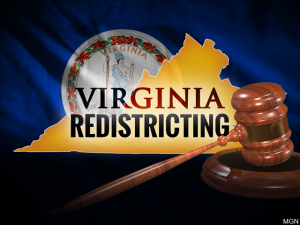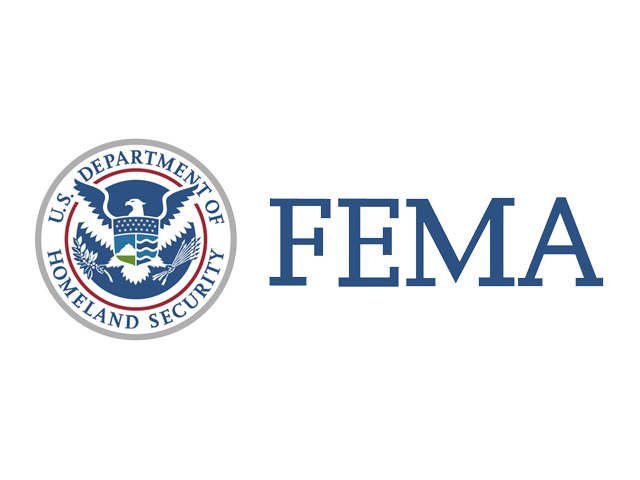 RICHMOND, Va. (AP) — The Supreme Court of Virginia has selected two outside experts from a pool of nominees put forward by lawmakers to help it complete its task of drawing new legislative districts to conform with the 2020 census.
RICHMOND, Va. (AP) — The Supreme Court of Virginia has selected two outside experts from a pool of nominees put forward by lawmakers to help it complete its task of drawing new legislative districts to conform with the 2020 census.
The court unanimously appointed Sean Trende and Bernard Grofman to serve as special masters for the preparation of proposed redistricting maps, according to an order issued Friday.
Trende, an elections analyst at RealClearPolitics, was nominated by Republicans. He also has a law degree, has provided expert testimony in elections lawsuits around the country and was appointed as a Voting Rights Act expert by Arizona’s redistricting commission, according to his resume. Grofman, nominated by Democrats, is a professor of political science and economics at the University of California, Irvine. He has a degree in mathematics and a Ph.D. in political science and has previously worked on map-drawing efforts in Virginia.
The two will have no more than 30 days to work together to come up with a single set of maps for the House of Delegates, Senate of Virginia, and Virginia’s U.S. House districts. The court will then review those maps.
The court has taken on the task of redistricting under a new law approved by voters in a 2020 referendum.
The law created a bipartisan redistricting commission that was supposed to submit new maps to the state legislature for approval. But the commission failed to sign off on a single one, with Democrats and Republicans on the commission evenly divided on almost every proposal that came before them.
The court’s role in the process is being watched closely now. Democrats who opposed the 2020 referendum had argued that the court leans Republican and that the maps would reflect a GOP bias.
The court said in its order Friday that any disputes between Trende and Grofman must be resolved by “good-faith efforts” to find a compromise.
“Though each was nominated by legislative leaders of a particular political party, the nominees — upon being appointed by this Court as Special Masters — shall serve as officers of the Court in a quasi-judicial capacity. Consequently, the Special Masters shall be neutral and shall not act as advocates or representatives of any political party,” the order said.
The two are prohibited from consulting with any political parties, partisan organizations or outside experts.
The order said Trende and Grofman could accept their appointments by executing an agreement with the court. It wasn’t immediately clear if either had taken that step. A spokeswoman for the court didn’t respond to an inquiry seeking comment.
Their selection was delayed by criticism from Republicans and Democrats over the other party’s nominees. Last week, the court told Republicans to submit three new nominees following the Democrats’ complaints that the initial batch was too partisan. The court also rejected one of the three nominees put forward by Democrats.



